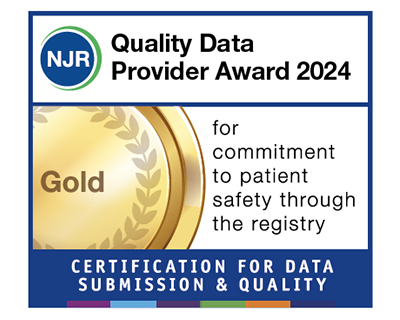Berkshire Independent Hospital Specialists
-
Mr Chris Blick
Mr Chris Blick is a Consultant Urological Surgeon who has a subspeciality interest in urological cancers, particularly laparoscopic and robotic renal and bladder surgery
Read more -
-
Mr Paul Hadway
Mr Paul Hadway is a Consultant Urological Surgeon in Berkshire, Reading who specialises in urological conditions
Read more -
Mr Adam Jones
Mr Adam Jones is a Consultant Urologist in Berkshire, Reading who specialises in laparoscopic and robotic surgery for benign and malignant urology conditions
Read more -
Mr Sunil Kumar
Mr Sunil Kumar is a Consultant Urological Surgeon at Berkshire Independent Hospital in Berkshire who specialises in urological conditions
Read more -
Mr Luke Stroman
Mr Luke Stroman is a Consultant Urologist in Berkshire, who has a special interest in Bladder and Prostate cancer, and Benign Prostatic Hyperplasia
Read more -
Miss Johanna Thomas
Miss Johanna Thomas Consultant is a Consultant Urologist at Berkshire Independent Hospital in Reading
Read more -
-
Mr Bob Yang
Mr Bob Yang is a Consultant Urologist in Berkshire and he is part of the Reading Urology Partnership.
Read more

